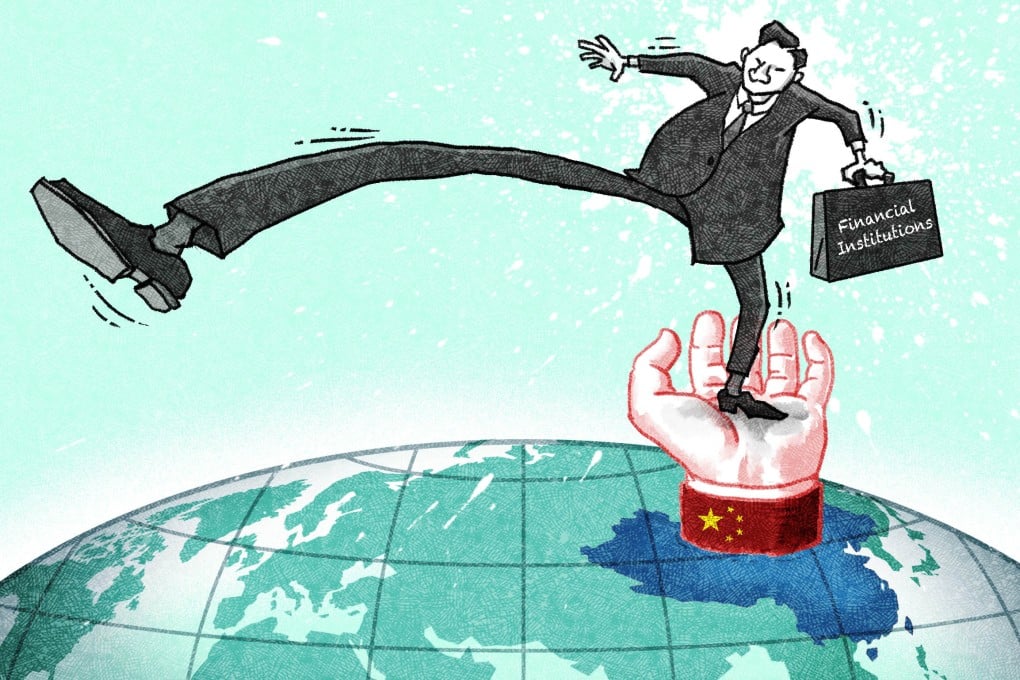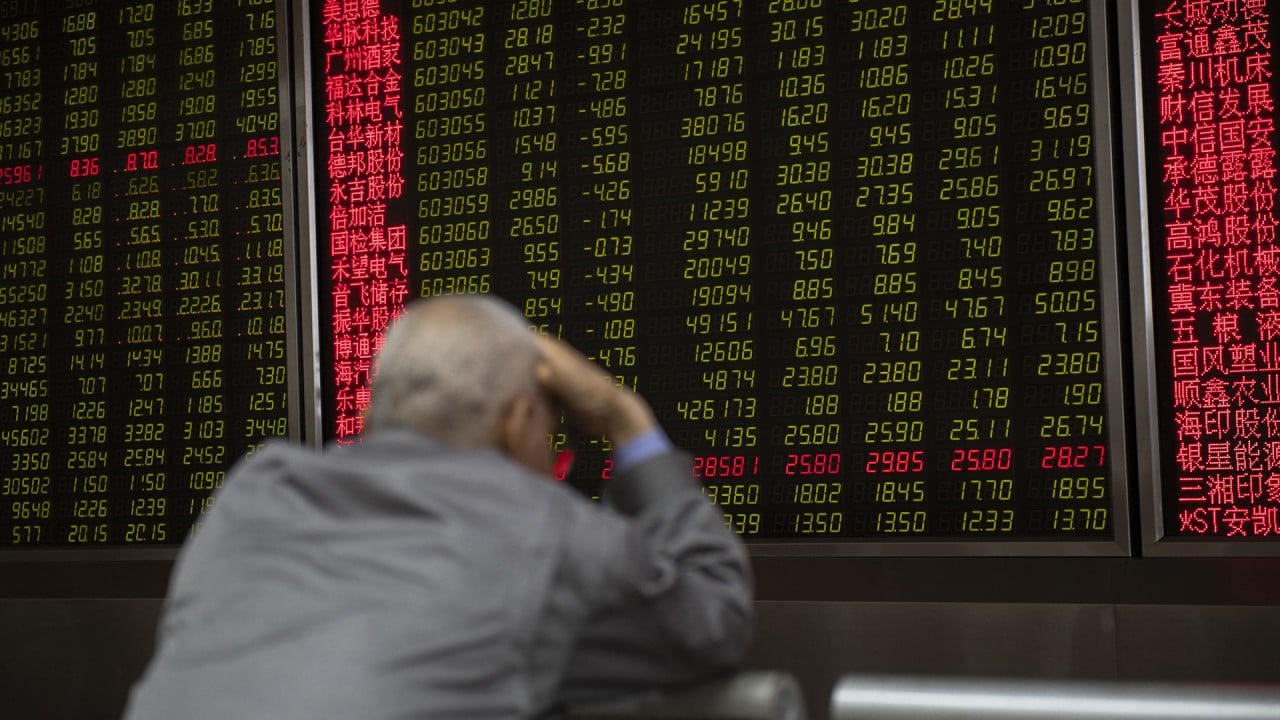Chinese investment banks turn inward as global dreams fade from view
Exercising caution, China’s investment firms are scaling back their global ambitions and expanding through mergers instead

The former head of investment banking at Haitong Securities, Jiang Chengjun, was in handcuffs in late August as police led him from a plane at an undisclosed airport on his return to China to face allegations of “work-related” crimes.
Photos of his high-profile arrest were splashed across media outlets and social media platforms in mainland China, with the investment banker’s precipitous fall standing in stark contrast to the high-flying international ambitions of the country’s financial institutions.
Haitong is one of China’s top five brokerages, but the delisting of its Hong Kong unit, Haitong International, in January highlighted the challenges mainland financial institutions face as they aspire to expand overseas and take on Wall Street.
Analysts say overreliance on their mainland parents, lack of sufficient compliance and innovation in their products, relatively small scale and a tough environment – including weak deal-making activities and fierce competition in Hong Kong in recent years – have all contributed to the dimming of their dreams of becoming leading players in the global market.
Haitong International, once dubbed the “King of Hong Kong IPOs” by local media, has been weighed down by heavy losses in volatile markets in recent years.
Its profit plummeted by 84.6 per cent last year to 1.01 billion yuan (US$142.79 million), and it was delisted from the Hong Kong stock exchange in January, ending a 14-year presence.
